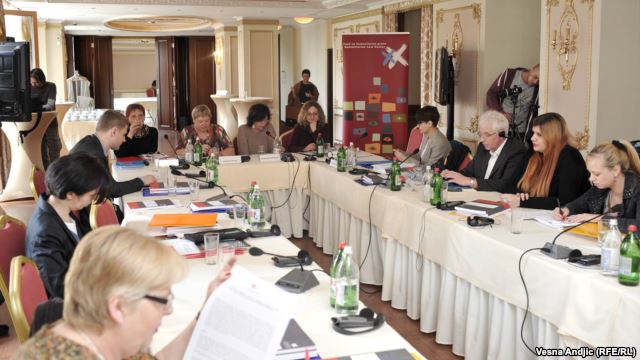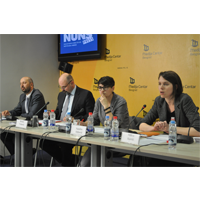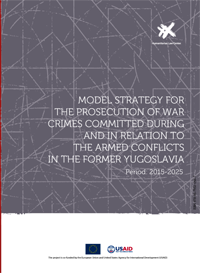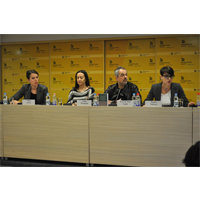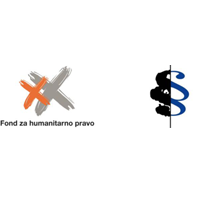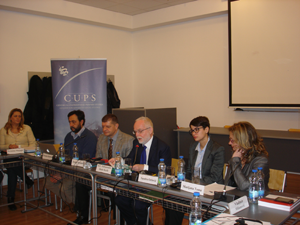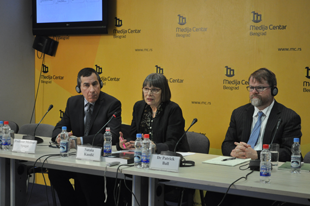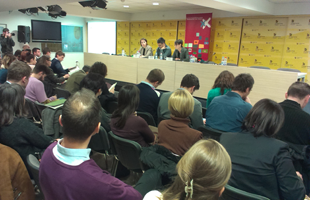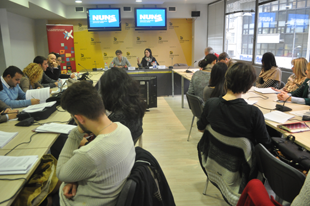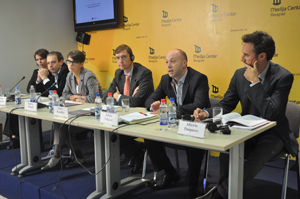History textbooks in post-conflict societies: Education for reconciliation?
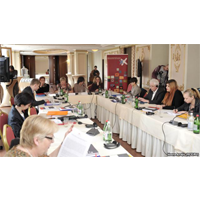
On Friday April 24th, 2015, the Humanitarian Law Center (HLC) held a conference History textbooks in post-conflict societies: Education for reconciliation? The HLC’s aim was to contribute to the debate on the role of education in the process of dealing with the past and overcoming its heavy legacy, and the actualization of the issue to do with the contents of history textbooks regarding the wars and war crimes committed on the territory of the former Yugoslavia during the 1990’s. Experts in the fields of history, political studies, law, sociology, and philosophy, many of whom have already made their contributions to the analysis of the content of history textbooks, were invited. The participants were invited to offer their answers to the problem of how historiography today values the judicial facts about war crimes, why most of the textbooks ignore these facts, which historical sources are relevant for the wars waged during 1990’s, and what the role of the voluminous material now available about war crimes, collected by the International Criminal Tribunal for the Former Yugoslavia (ICTY), might be in the creation of a common historical memory of all societies in the former Yugoslavia.






